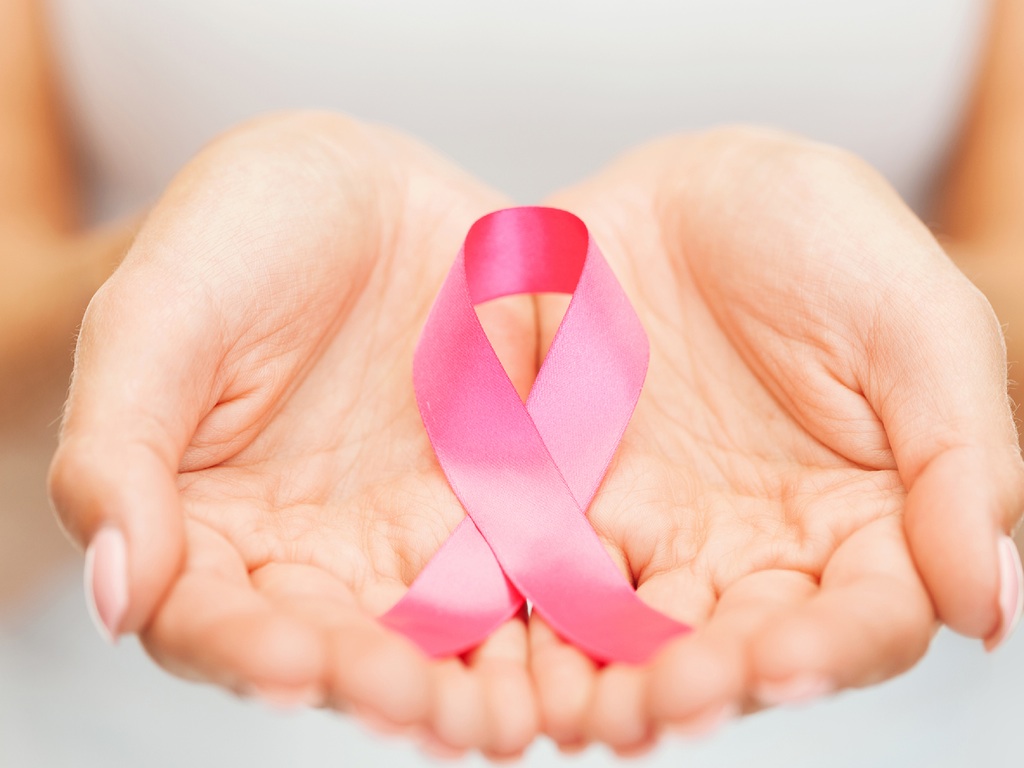×
The Standard e-Paper
Stay Informed, Even Offline

It is now estimated that one in every five men and one in every six women worldwide will develop cancer during their lifetime. East Africa has one of the highest number of reported new cancer cases in Africa.